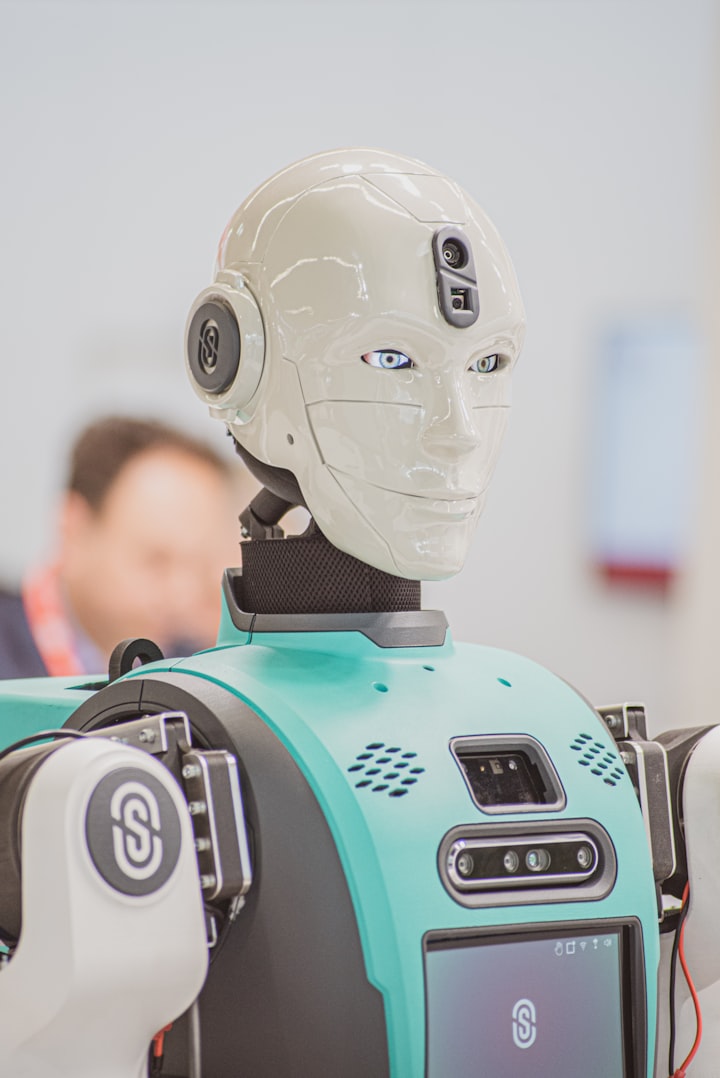
In recent years, Artificial Intelligence (AI) has become increasingly sophisticated to the point where it can outsmart humans in certain scenarios. AI is able to outsmart humans due to its ability to process large amounts of data, make decisions quickly and accurately, and learn from its mistakes. AI is already being used in a variety of industries, from healthcare to finance, and its potential to outsmart humans is only beginning to be tapped.
First, AI is able to process large amounts of data quickly and accurately. This means that AI can look at a large set of data and make decisions or predictions based on that data. AI can also quickly analyze data and make decisions in real-time, something that humans may struggle to do. For example, AI can be used to analyze stock market data and make predictions about future stock prices. This type of analysis would take a human far too long and would likely be inaccurate due to human bias or errors.
Second, AI is able to learn from its mistakes. Unlike humans, AI can learn from its mistakes and improve its performance over time. This makes AI particularly well-suited to tasks that require precise, repetitive actions. For example, AI can be used to manage traffic and make sure that traffic flows smoothly and efficiently. AI can adjust its algorithms based on the current traffic patterns and make adjustments to ensure optimal traffic flow.
Finally, AI is able to make decisions quickly and accurately. AI is able to make decisions in a fraction of a second, something that a human may take days or even weeks to do. This makes AI particularly well-suited to tasks where speed is essential, such as medical diagnoses or financial transactions. For example, AI can be used to make medical diagnoses by analyzing a patient’s medical history and symptoms, something that would take a human doctor far too long to do.
Overall, AI is able to outsmart humans in certain scenarios due to its ability to process large amounts of data quickly and accurately, learn from its mistakes, and make decisions quickly and accurately. As AI continues to evolve, it will become even better at outsmarting humans in a variety of tasks and scenarios. The potential of AI to revolutionize industries and outsmart humans is only beginning to be realized.
The future of Artificial Intelligence (AI) holds a lot of promise and potential for humanity. AI technology has advanced rapidly over the past few years, and its applications are becoming more widespread in our everyday lives. It is expected that AI will continue to develop and become even more powerful in the years to come. AI is already being used to automate many tasks, from medical diagnosis to driverless cars. In the future, AI is likely to play an even more prominent role in our lives.
One of the most exciting areas of AI research is machine learning. Machine learning algorithms are able to learn from data and improve their accuracy over time. This technology is already being used in a variety of applications, from facial recognition to natural language processing. In the future, machine learning algorithms will be able to learn more complex tasks and make decisions with greater accuracy. For example, they may be able to diagnose illnesses or predict stock market trends with greater accuracy than humans.
Another area of AI research is computer vision. Computer vision algorithms are able to understand the contents of an image or video, recognizing objects and other features. This technology is already being used in automotive applications, such as driverless cars and automatic parking. In the future, computer vision algorithms may be able to detect emotions and facial expressions in humans, providing a more nuanced understanding of people.
AI is also being used in healthcare, to help diagnose diseases and provide personalized treatments. AI algorithms are able to analyze large amounts of data to make more accurate diagnoses and provide personalized treatment plans. In the future, AI may be able to detect early signs of disease and provide personalized treatments to patients, leading to better health outcomes.
Finally, AI is being used in robotics. Robots are now being used to perform a variety of tasks, from manufacturing to healthcare. In the future, robots may be able to do even more complex tasks, such as working in hazardous environments or performing surgeries.
Overall, AI is likely to have a major impact on our lives in the future. AI technology is advancing rapidly, and its applications are becoming more widespread. AI will continue to be used to automate tasks, diagnose illnesses, and provide personalized treatments. In the future, AI may even supplant humans in certain tasks, leading to a revolution in the way we live and work.
About the Creator
Mukilan B
Spread positivity to others and make ourselves and others happy






Comments
There are no comments for this story
Be the first to respond and start the conversation.